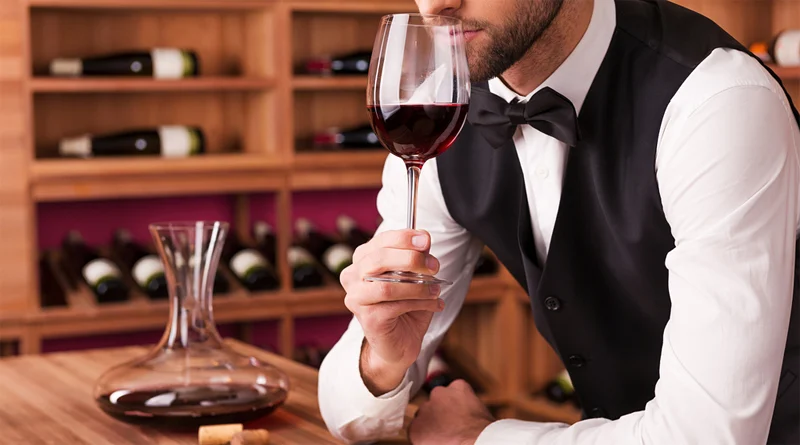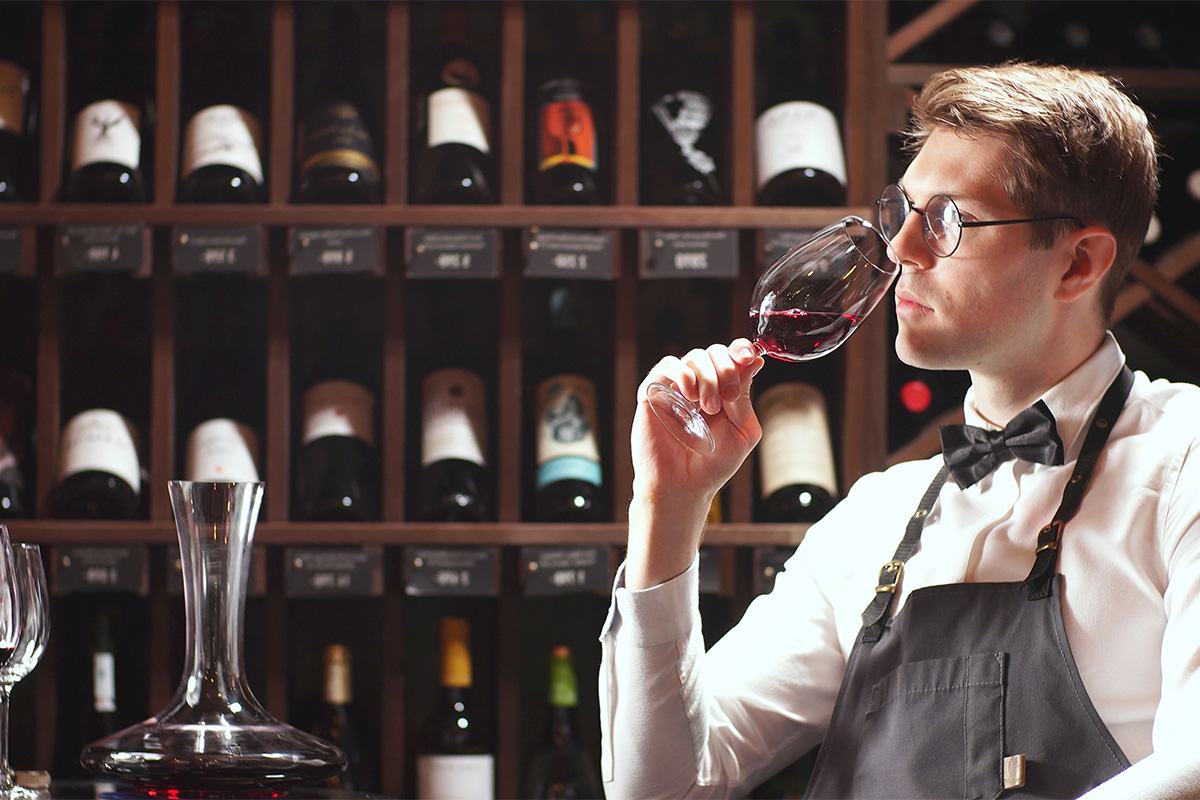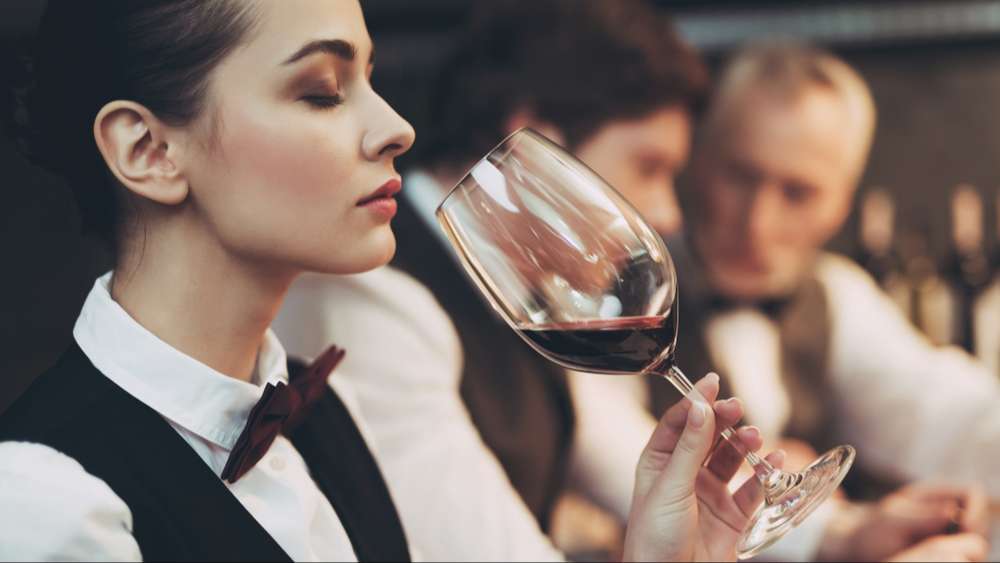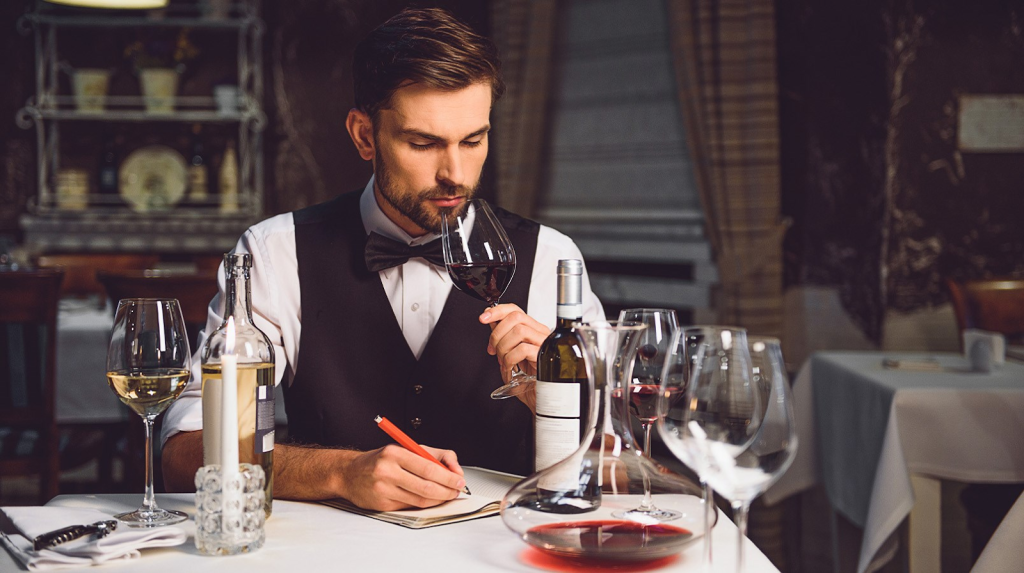In fine dining and hospitality, few professionals command as much respect and intrigue as the sommelier. These wine experts serve as the bridge between exceptional wines and memorable dining experiences, wielding knowledge that transforms a simple meal into an extraordinary culinary journey. Far from being mere wine servers, sommeliers are highly trained professionals who possess deep expertise in wine selection, food pairing, and hospitality service.
A sommelier is a trained and knowledgeable wine professional who specializes in all aspects of wine service, typically working in fine restaurants, wine bars, or upscale hospitality establishments. The role extends far beyond simply recommending wines to guests – these professionals are responsible for curating wine programs, training staff, managing wine inventories, and creating memorable experiences that enhance the dining atmosphere.
The word “sommelier” derives from the French language, where it originally described a court official responsible for the transport of supplies. In the pre-industrial era, the earliest version was actually “saumalier,” a term used in Provence to refer to a pack animal driver. This historical context reflects the profession’s roots in service and logistics, qualities that remain central to the modern sommelier’s role.
Today’s sommelier profession has evolved into a sophisticated career path that combines technical knowledge, sensory expertise, and exceptional customer service skills. These wine professionals undergo extensive training and certification processes to master their craft, making them invaluable assets to restaurants and hospitality businesses seeking to lift their beverage programs and guest experiences.
The Core Responsibilities of a Sommelier

Wine List Development and Curation
One of the most critical responsibilities of a sommelier involves developing and maintaining the restaurant’s wine list or wine book. This process requires extensive knowledge of wine regions, grape varieties, vintages, and pricing structures. Sommeliers must carefully curate selections that complement the restaurant’s cuisine while catering to diverse customer preferences and budget ranges.
The wine list creation process involves collaboration with chefs and the food and beverage management team to ensure wines align with the restaurant’s culinary vision. Sommeliers analyze menu items, consider seasonal changes, and evaluate wine availability to create comprehensive beverage programs that enhance the dining experience.
Food and Wine Pairing Expertise
Pairing wine with food represents an art form that sommeliers have mastered through years of training and experience. These professionals possess a deep understanding of flavor profiles, acidity levels, tannin structures, and how different wines interact with various ingredients and cooking methods.
Sommeliers work closely with culinary teams to suggest wines that complement and lift the flavors of specific dishes. Their recommendations consider factors such as acidity, sweetness, texture, and regional cuisine traditions to create harmonious pairings that enhance both the food and wine experience.
Guest Service and Wine Consultation
On the restaurant floor, sommeliers engage directly with guests to understand their preferences and guide them through wine selections. This involves assessing customer taste preferences, budget considerations, and food choices to provide personalized recommendations that enhance the dining experience.
Professional sommeliers excel at translating complex wine terminology into accessible language that helps guests make informed decisions. They provide detailed information about wine origins, production methods, and tasting notes while ensuring the service remains approachable and enjoyable.
Essential Skills and Knowledge Areas

Wine Expertise and Technical Knowledge
Sommeliers possess comprehensive knowledge of grape varieties, wine regions, and production methods from around the world. This expertise includes understanding terroir influences, vintage variations, and how different winemaking techniques affect flavor profiles and wine characteristics.
The technical knowledge extends to proper wine storage, serving temperatures, decanting procedures, and cellar management practices. Sommeliers must understand how environmental factors affect wine quality and implement proper storage protocols to maintain wine integrity.
Sensory Evaluation Skills
Professional sommeliers develop highly refined palates through extensive tasting practice and formal training. They can identify subtle flavor nuances, detect wine faults, and assess wine quality through systematic sensory evaluation techniques.
These sensory skills enable sommeliers to make accurate wine assessments, identify optimal serving conditions, and provide detailed tasting notes that help guests understand wine characteristics and make informed selections.
Business and Inventory Management
Modern sommeliers often handle significant business responsibilities, including wine inventory management, cost control, and vendor relationships. They must understand wine pricing strategies, profit margins, and purchasing decisions that impact restaurant profitability.
Inventory management involves tracking wine stock levels, monitoring wine aging processes, and coordinating with suppliers to maintain optimal wine selections while minimizing waste and maximizing revenue potential.
Career Paths and Professional Development

Certification and Training Programs
The sommelier profession offers structured certification pathways through organizations like the Court of Master Sommeliers and the Wine & Spirits Education Trust. These programs provide comprehensive training in wine knowledge, tasting techniques, and service standards.
Professional development involves continuous learning about new wine regions, emerging producers, and evolving industry trends. Many sommeliers pursue advanced certifications and attend industry events to maintain their expertise and professional credentials.
Specialization Opportunities
While wine remains the primary focus, many sommeliers expand their expertise to include beer, spirits, sake, and other beverages. Some professionals specialize in specific wine regions, become certified cicerones for beer expertise, or focus on particular aspects of beverage service.
Career advancement opportunities include positions as head sommelier, beverage director, or wine consultant for multiple establishments. Some sommeliers transition into wine education, writing, or consulting roles within the broader hospitality industry.
The Modern Sommelier’s Impact
Enhancing Dining Experiences
Skilled sommeliers significantly enhance guest satisfaction by providing personalized wine recommendations that cater to individual preferences and occasions. Their expertise transforms dining into educational and memorable experiences that encourage customer loyalty and repeat visits.
The sommelier’s role in creating exceptional dining experiences extends beyond wine service to include staff training, menu development support, and maintaining service standards that reflect the restaurant’s commitment to excellence.
Industry Leadership and Innovation
Contemporary sommeliers often serve as industry leaders who influence wine trends, promote emerging wine regions, and educate consumers about wine appreciation. Their expertise helps shape restaurant beverage programs and contributes to the advancement of hospitality standards.
Many sommeliers actively participate in wine competitions, industry publications, and educational initiatives that promote wine knowledge and appreciation among both professionals and consumers.
The sommelier profession represents a unique blend of technical expertise, artistic sensibility, and hospitality excellence. These wine professionals serve as cultural ambassadors who connect guests with the rich traditions and innovations of global wine production while creating memorable dining experiences that celebrate the harmonious relationship between food and wine.


